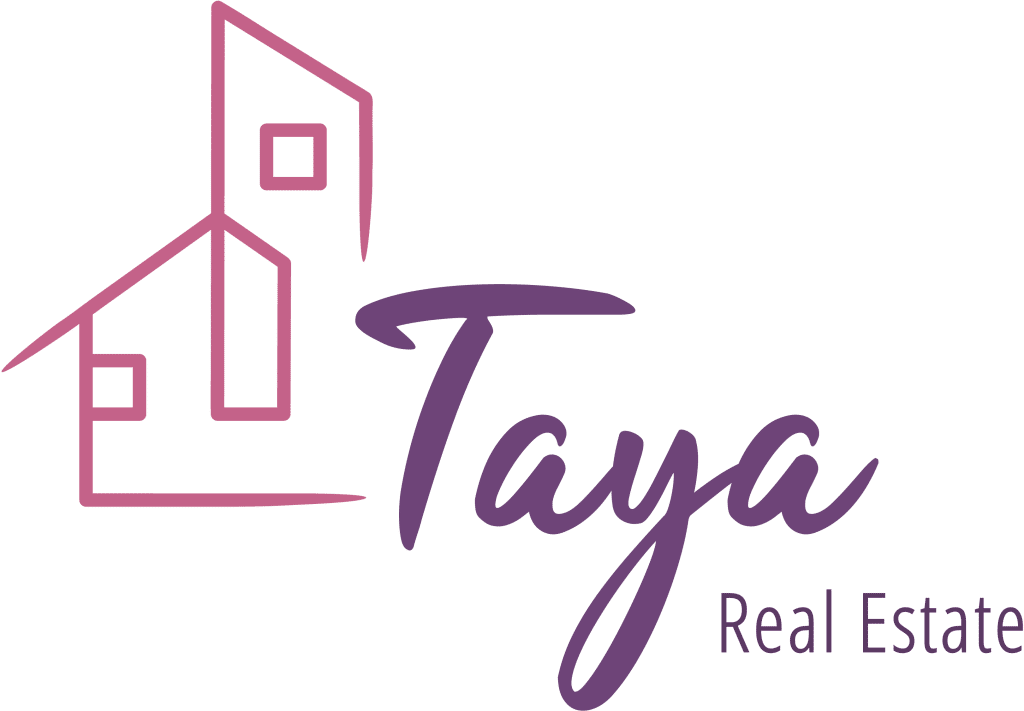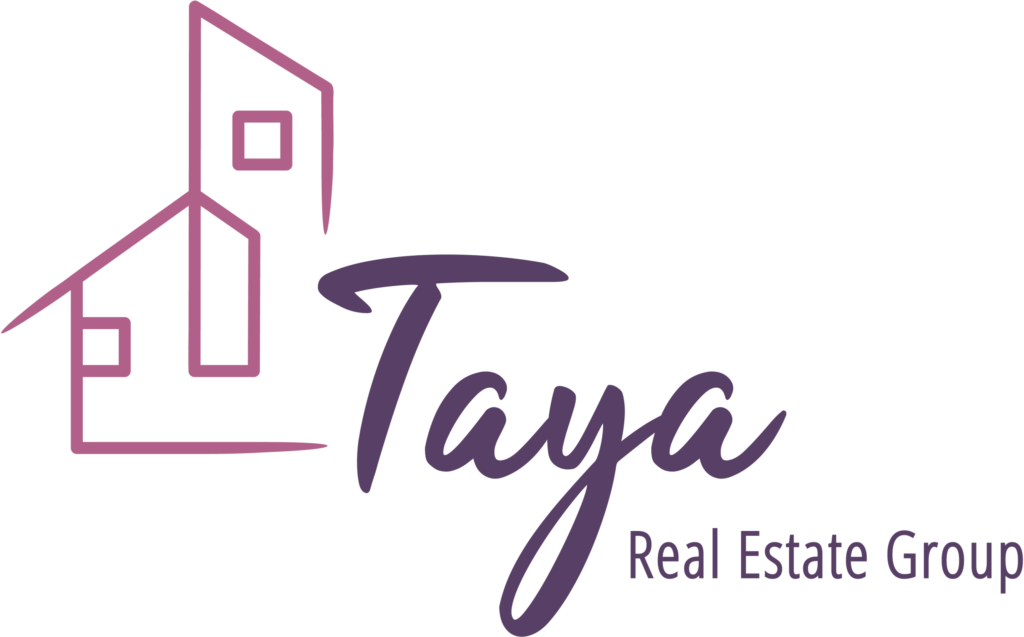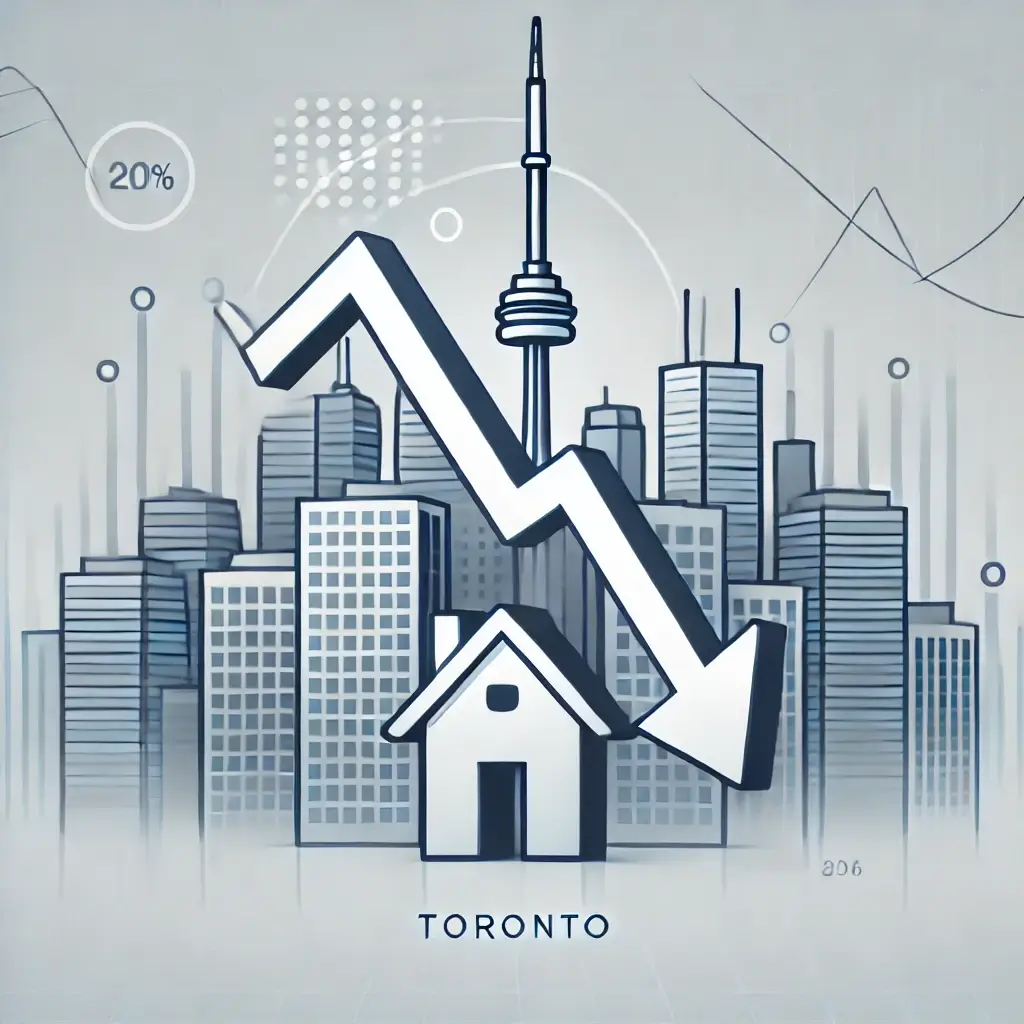Toronto has taken a significant step to address its housing availability issues by introducing a vacant home tax, aimed at encouraging homeowners to either occupy or rent out their properties. In a recent development, the city has extended the deadline for homeowners to declare their property’s occupancy status. Originally set for February 29, the new deadline is now March 15. This extension offers homeowners an additional two weeks to comply with the new regulation and avoid a potential fee.
What is the Vacant Home Tax?
The vacant home tax is designed to target properties left unoccupied for more than six months within a calendar year. The initiative is set to motivate property owners to utilize their vacant homes, thereby increasing the city’s housing supply. For 2023, the tax rate is set at 1%, meaning a $10,000 levy on a property valued at $1 million. Looking ahead, the tax will rise significantly to 3% starting in the 2024 tax year – equating to a $30,000 tax on a $1 million property.
Why the Extension?
The decision to extend the declaration deadline came after the city’s Executive Committee noted that only 63% of residential property owners had made their declarations by the original deadline. By extending the deadline, Toronto aims to give all homeowners a fair chance to declare their property’s status, ensuring they are well-informed and able to comply with the new tax regulations.
Why is This Beneficial?
The vacant home tax and the recent extension of its declaration deadline bring several benefits:
- Increased Housing Availability: By incentivizing homeowners to rent out or occupy their vacant properties, the city hopes to alleviate some of the housing shortages, making more homes available for residents and potentially stabilizing the rental market.
- Fair Opportunity for Compliance: The extension provides all homeowners with additional time to understand and fulfill their obligations, ensuring they can make informed decisions and avoid unnecessary fines.
- Revenue for City Initiatives: The tax collected from vacant properties can be used to fund public services and infrastructure, contributing to the overall betterment of the city.
What Homeowners Need to Do
If you’re a property owner in Toronto, it’s imperative to declare your home’s occupancy status by the new deadline of March 15 to avoid the vacant home tax or the $21.24 fee for non-declaration. Declarations can be made easily through the city’s online portal.
In Conclusion
Toronto’s vacant home tax is a proactive step toward maximizing the use of existing housing and addressing the city’s shortage. The extension of the declaration deadline demonstrates the city’s commitment to ensuring all homeowners have the opportunity to comply with the new policy. By participating, homeowners can contribute to a more vibrant, accessible, and livable city for all.
For the latest updates and to make your declaration, visit the city’s official portal. Don’t miss this crucial deadline to play your part in shaping the future of Toronto’s housing landscape.








